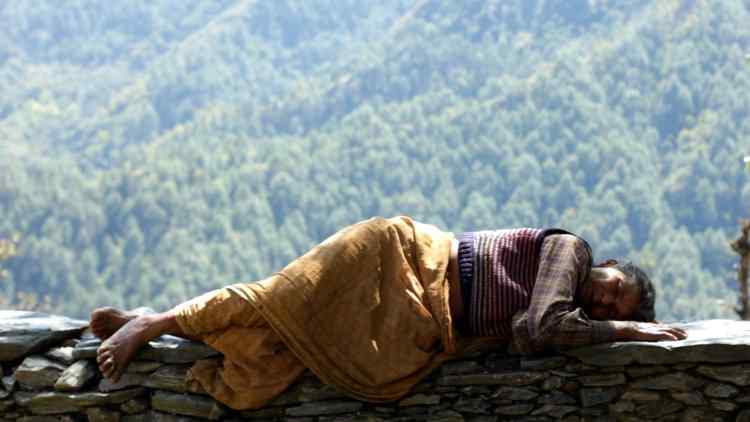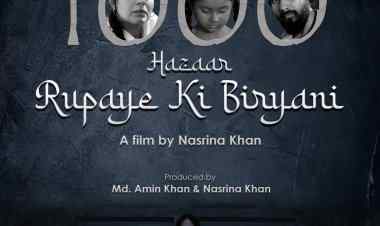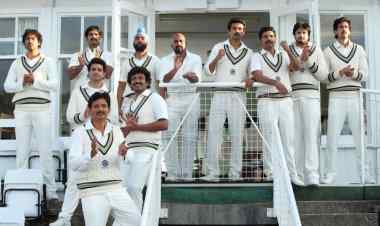Ek Tha Gaon: A critical examination on the flip side of progressiveness.
Dipankar Sarkar writes, "The documentary portrays the struggles and challenges faced by the remaining individuals in the region as they battle with their way of life."

Dipankar Sarkar critically appraises the documentary film titled "Ek Tha Gaon" helmed by the talented Srishti Lakher.
The movement of people from village to town is one event that has drastically changed the dynamics of rural communities. People go from their rural settlements to urban areas in quest of better prospects, better living conditions, and a shot at a more successful future. But this transition comes with its own set of challenges and difficulties. Srishti Lakher's documentary, Ek Tha Gaon, revolves around the lives of people in a village in Semla, situated in the foothills of the Himalayas, one of the ghost villages in Uttarakhand, where people have been leaving for cities in search of a better life and livelihood. The documentary portrays the struggles and challenges faced by the remaining individuals in the region as they battle with their way of life. There are seven people living in an abandoned village, including an 80-year-old woman and a 19-year-old girl, who navigate the harsh conditions and dwindling resources to survive the desolation and solitary existence.
In narrating the plight of these individuals from the region, the filmmaker relies on a meditative narrative structure, adhering to a realistic focus on the everyday lives of the remaining locals. By showcasing the everyday struggles and challenges faced by the locals, the filmmaker effectively highlights the delicate balance between preserving traditional ways of life and adapting to modernization. This approach allows the audience to grasp the impact of rural-to-urban migration on these abandoned villages.
We follow the octogenarian Leela Devi as she carries out her daily chores in a slow and languorous rhythm that yields a heightened sensitivity towards her plight. When she informs us that, due to a lack of firewood, she has resorted to using a page from the Mahabharata to light up her clay stove, there is a kind of perceived evocativeness in which inactivity and idleness paradoxically create a fascination with the negotiation within the rural world. Simultaneously, when Lakhi Bhai informs us that the forested area where a decade ago he used to play cricket with his mates now lies desolate, it helps us examine the causes of this massive migration and its significant effects on the displaced as well as the host regions. It is critical to comprehend the pull and push forces that cause people to migrate as well as the long-term effects of this demographic change. At the same time, when the filmmaker asks Golu, who is an ambitious girl from the younger generation, if no farming will happen in the villages, what will people do? She takes a pause and then replies, 'chemicals'. The implication of her response is that the growing issues surrounding migration in the far future don't seem to have a clear solution, and this could lead to significant challenges and conflicts on a global scale.
The mostly static use of the camerawork by Amith Surendara and Kai Tillman invites the viewer to probe and empathize with the situations that the subjects and the region have been put through. While the unhurried pace and the descriptive pause, created through editing by Bahamati Sivapalan, foster creative insight in attaining our engagement with the subject. In addition, Nithin Lukose's dynamic sound design wonderfully complements the tone and emotional resonance within the shots.
Ek Tha Gaon has won Best Non-Feature Film at the 69th National Film Awards, 2023.
***
What's Your Reaction?

































































